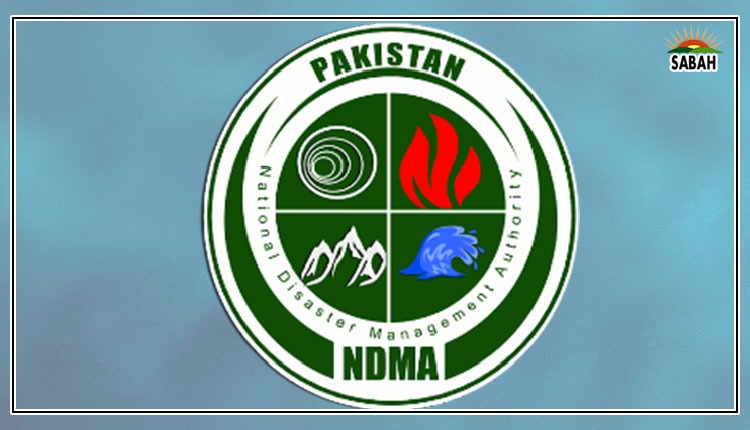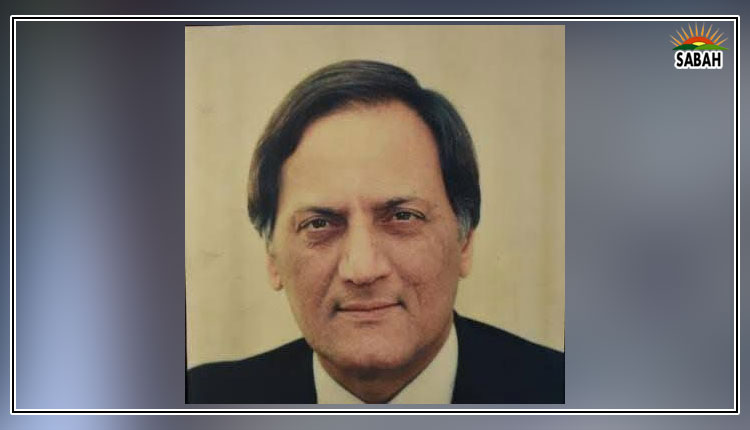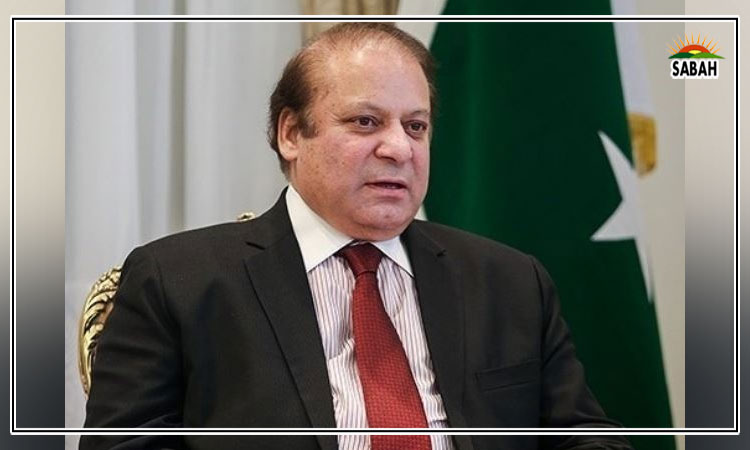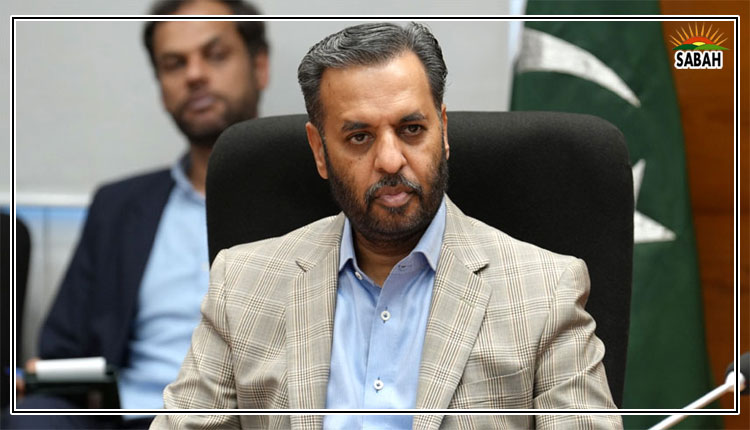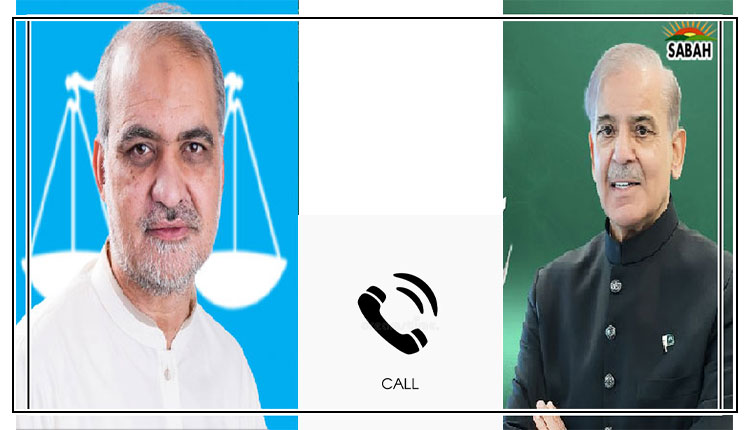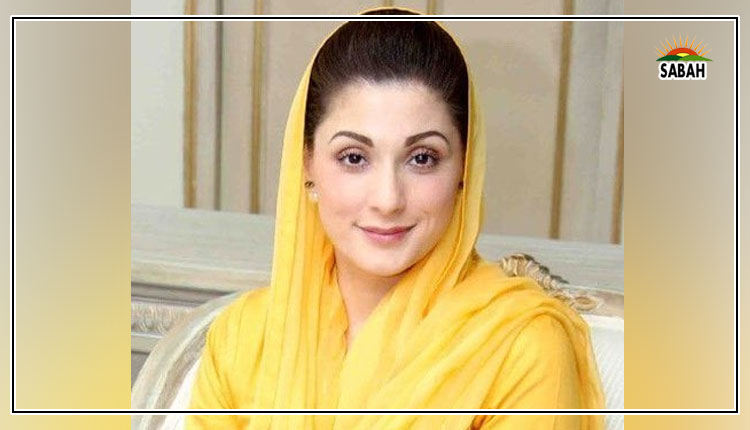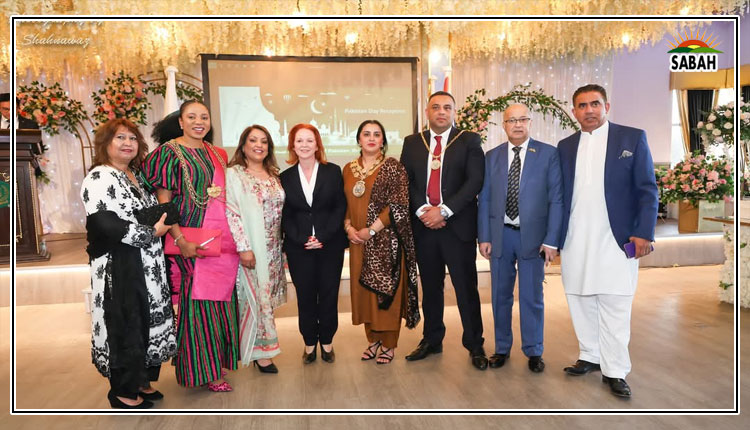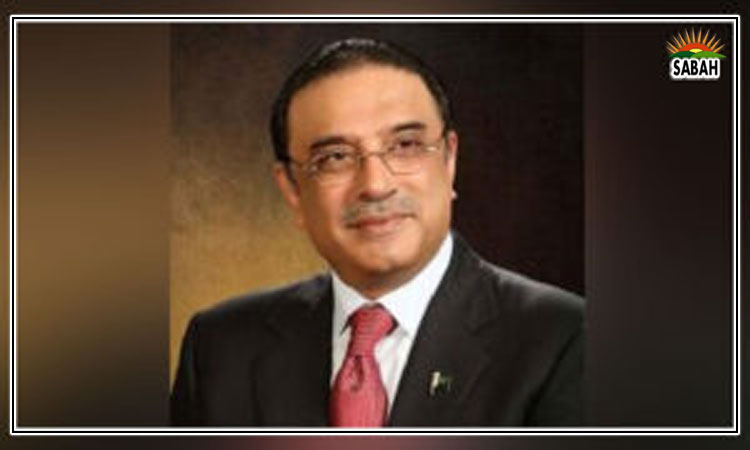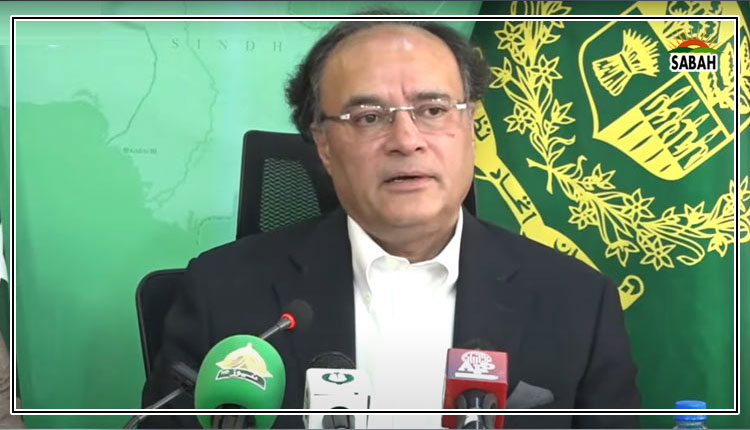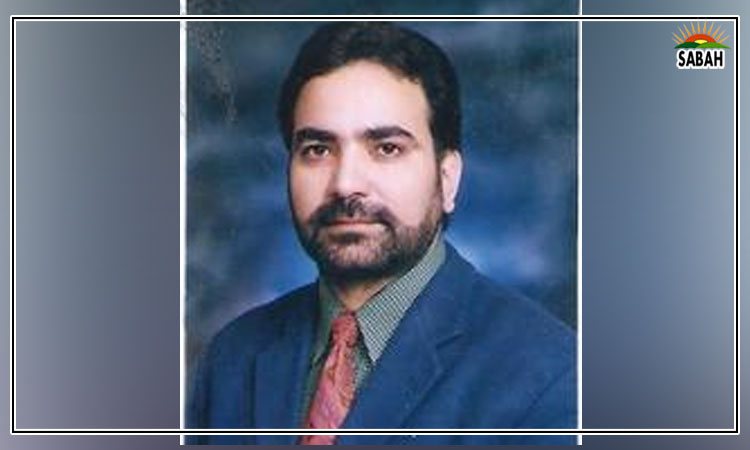The future of democracy…. Kamila Hyat
It is not surprising that a significantly high number of political commentators and analysts and ordinary people in the country are more despondent today than they perhaps were at any other time.
Right now, we do not know what the future will hold. But we do have some figures which tell us the story of Pakistan. We know that 20 per cent of the countrys population is so impoverished that the annual income of these families is the same as those from resource-deprived and food-deprived countries like Ethiopia and Chad. In many places in the country, it is even lower.
We also know that our judiciary is divided, our politicians are unable to speak to each other and perhaps other forces are either divided or orchestrating the series of events we witnessed recently and will perhaps continue to witness in courts and elsewhere for a few more days. We have seen the kind of violence small mobs can unleash in different parts of the country and the language used both by political leaders and their supporters, mainly from the PTI which appears to have taken abuse to new levels. We wish they had taken other matters to different levels too and raised, instead of lowering, the status of the country.
But when we think of today, perhaps we should recall the past. The fact is that throughout our 75-year history, Pakistan has lived either directly or in some cases indirectly under martial rule or authoritarian rule of one kind or the other. There have been very few periods during which this was not the case. And the problems start from the beginning from the very early days of Pakistan. There has always been insufficient investment in staying nonaligned in a world where the cold war formed the centre of political interests and developing education and healthcare in the country or developing networks that could help people use the available resources in productive activities and take it forward as other nations have done. The flaws of those times still live with us. They began even before Ayub Khan and the rich 22 families and have continued till today.
For some, there is still a possibility that Imran Khan may indeed come back to power at one point or the other and bring along with him the kind of duality, hypocrisy, use of religion for politics, bigotry, and lack of respect for parliament which has already torn our country apart. We do not know if the other parties can succeed in rescuing the country from the other set of problems that it faces.
The IMFs demand that Pakistan should tax property deals is perhaps a step we should have considered a long time ago. We hope that now this step will be taken. At the same time, there has to be much more focus on educating people and ensuring that we move literacy rates past what are some of the lowest levels in the world. For this to happen, we need resources, and a key question is where these resources are to come from. Looking at the budgetary pie, it is easy to see where money is most commonly used and we have to see how the pie can be sliced more equitably.
We do not quite understand even now exactly what happened last week as we saw mayhem across the country, protesters burning public property including an ambulance, private and public vehicles, the Radio Pakistan building in Peshawar and much else. But the present will one day become the past. These incidents will be included in our history books, written in different words depending on the ruling party at the time and be looked back on.
Perhaps for us the most important question is what the future will hold. At present, it is hard to say. It is obvious that the next three to four years are going to be tough ones. Given the state of the Pakistani rupee and its fall against the dollar, it is hard to see anything other than this. We can also say the same when we look at the size of our total exports and how they compare to those of countries such as Bangladesh and others in the region.
If we can by some miracle improve the situation on this front, perhaps we have a chance; perhaps we will live to fight another day. The young form a majority of the countrys 220 million population. The fact that this population is growing so rapidly adds to the woes and problems we will face in the future. With predictions coming in from around the world of wars over water scarcity in the region and over other resources, it is extremely difficult to say what will happen.
But what is clear is that we need parliamentarians and civilian governments to come together and agree not to do deals with unelected institutions and instead carve out a path to the future on their own. They must do this without signals given by those who enjoy great power across the country. Stories regarding this go well beyond rumours and belong in the realm of reality.
Only if civilian politicians can agree that we need to move on from our past and towards a different future can we hope for some change in what is to come next and how it can come about. To achieve this, we must also stick to our constitution and not malign it as happened both under the late General Pervez Musharraf and under Imran Khan. The constitution is certainly not a document to be discarded. It lays down many principles which if we had followed from the beginning would have placed us in a far better situation than the one we face today. Sadly, that did not happen.
But it is not too late to begin now and to try and find a means to open up talks between political parties which belong to the mainstream and represent a sizeable number of people, and this size can be chosen by looking at the number of votes they gained in the last three elections so that we can develop an agreement on civilian supremacy, just as there have been attempts in the past to establish autocracies of various kinds.
Rumours and allegations that Imran Khan wants such an autocracy are frightening. Pakistan is essentially a parliamentary democracy. And even if it has had too few years of real parliamentary rule or certainly rule of any merit by those voted in by the people, it is time for it to start so that it can work its way out of the black hole in which it finds itself today and discover a method through which it can recover first of all economically and then in terms of development and social uplift.
Courtesy The News


